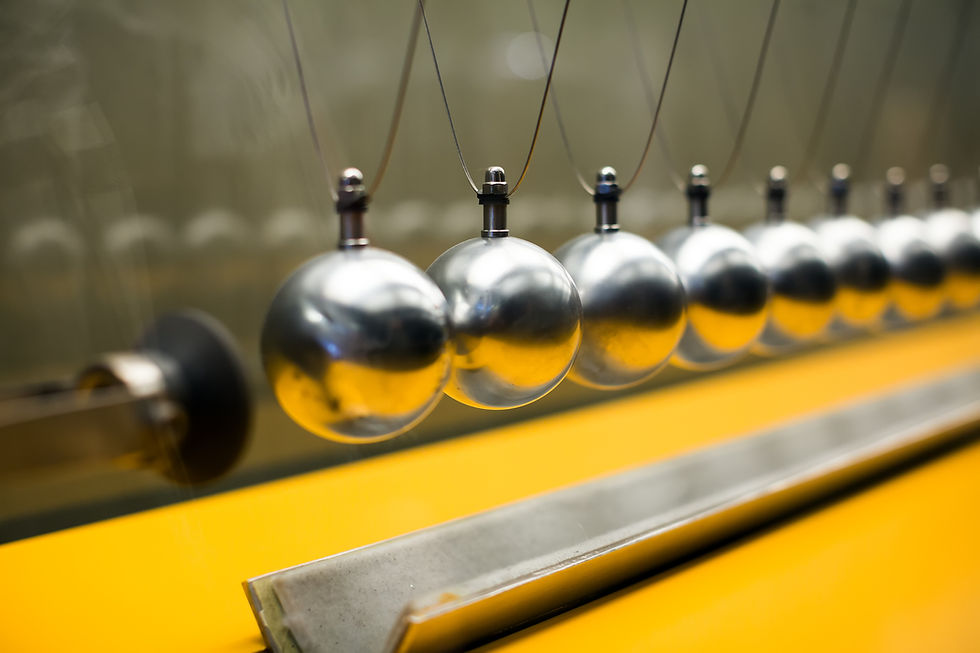Coffee or Tea?: Preference Based on Genetics
- Madelle Dela Costa
- Apr 15, 2021
- 2 min read

Regardless of whether individuals prefer coffee or tea may boil down to a matter of taste hereditary qualities.
Individuals with a rendition of a gene that expands sensitivity to the bitter flavor of caffeine tend to be coffee drinkers, researchers in Scientific Reports affirm. Tea consumers, therefore, would tend to be less sensitive to caffeine’s harsh taste but have variants of genes that increase sensitivity to the bitterness of different synthetic concoctions, the specialists found.
It's for some time been suspected that individuals abstain from eating bitter foods since bitterness is an indicator of a toxic substance, said John Hayes, a taste scientist at Penn State who was not associated with the investigation.
In a study, scientists analyzed DNA variations of genes associated with recognizing the unpleasant taste of the synthetics, caffeine, quinine — that severe preference for tonic water — and propylthiouracil (PROP), a synthetic chemical that is not naturally found in food or drink. Other bitter components in coffee and tea may trigger similar taste reactions as quinine and PROP do, Hayes says.
Researchers in Australia, the United States, and England inspected DNA from more than 400,000 members in the UK Biobank, a repository of genetic data for medical research. Participants additionally revealed other information about their well-being and way of life, including how much tea or coffee they drink every day.
The group included every individual's variations in the taste genes, creating a genetic score for how intensely the individual tastes every one of the bitter chemicals. The analysts at that point contrasted those scores with the general population's accounted for beverage choices.
Individuals who had the most astounding genetic score for identifying caffeine's harshness were 20 percent more inclined to be heavy coffee drinkers, bringing down at least four cups a day than those without the expanded sensitivity, the scientists said.
Specialists had thought that individuals who are genetically disposed to taste bitter more intensely might maintain a strategic distance from these bitter beverages. “In this case, it’s strange how we’re seeking caffeine,” the study co-author Marilyn Cornelis said.
Coffee drinkers may have figured out how to make the most of caffeine's harshness since it is an indication of the buzz that the substance provides. Be that as it may, tea consumers may not like the sharpness of PROP and quinine, said Cornelis, a nutritional and genetic epidemiologist at Northwestern University Feinberg School of Medicine in Chicago. Accordingly, individuals tend to stick with either coffee or tea, so the tea result may simply be a rejection of coffee.
It's vague how enormous of a job that bitter taste genes play in determining whether someone picks coffee or tea. In previous studies that sought hereditary variations linked to coffee consumption, "taste genes did not come up," Cornelis said. Rather, genes associated with breaking caffeine may assume a greater role in deciding how much coffee or tea individuals drink.
Sources
Paul, M. “Genetic variants in caffeine perception.” 15 November 2018. https://news.feinberg.northwestern.edu/2018/11/genetic-variants-in-caffeine perception/
Sifferlin, A. “Blame your genes for your coffee addiction.” 25 August 2016. https://time.com/4464843/genetics-coffee-consumption-caffeine/



Comments